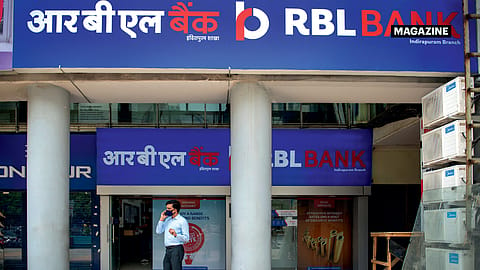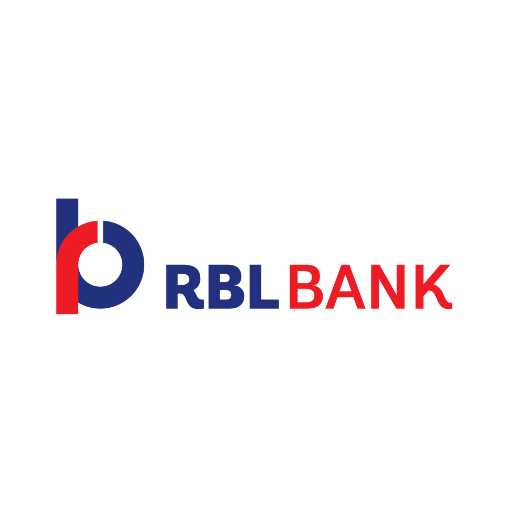Will the RBL deal be India’s global banking moment?
The landmark Emirates NBD deal is set to reshape RBL Bank with global muscle and may become a benchmark for future partnerships.

This story belongs to the Fortune India Magazine indias-best-ceos-november-2025 issue.
RBL BANK’S net worth is set for a major boost — rising from ₹15,610 crore to an estimated ₹42,000–44,500 crore — once regulators green-light Dubai-based Emirates NBD’s proposed $3 billion (₹26,853 crore) investment for a 60% stake in the lender. The Mumbai-headquartered mid-tier bank seems set for bigger things after the biggest foreign banking investment in India’s fast-growing financial market. The proposal includes a fresh issue of around 960 million shares at ₹280 each through the preferential route. Emirates NBD has approved the purchase of a 51-74% stake, triggering a mandatory open offer for the remaining 26%. Thus, the largest banking group in the U.A.E. will become the controlling shareholder, pending regulatory approvals.
To set the ball rolling, RBL, founded in 1943 as Ratnakar Bank Ltd, will hold a shareholder vote in November. Known for its diversified shareholding without a dominant promoter, the bank counts Quant Mutual Fund, Mahindra & Mahindra, LIC, Gaja Capital, and Zerodha among its investors. RBL has also proposed changes to its memorandum and articles of association to give Emirates NBD enhanced rights after the amalgamation.
A full merger of Emirates NBD’s India branch with RBL is targeted for April 2026. An additional 87 million shares will then be issued to complete the amalgamation. If everything goes as planned, the Indian private lender will become Emirates NBD’s largest subsidiary. The U.A.E. bank has enough internal funds to complete the acquisition without raising fresh capital and will maintain a healthy CET1 (Common Equity Tier I) ratio of around 14% — sigalling how shock-proof the lender is.
Fillip to mid-tier banks
For RBL Bank, Emirates NBD’s entry comes with strong backing and international expertise, positioning the bank for future growth. According to R. Subramaniakumar, MD & CEO of RBL Bank, the lender will now be able to “strengthen its capital base, speed up investments in technology and distribution, and compete more directly with large private banks in India over the next three to five years”. The plan is to improve RBL’s market share in select areas and offer more digital-first, customer-centric services.
Subramaniakumar says the capital infusion gives the bank a runway for expansion. It will adopt more advanced risk systems, broader product offerings, and better operational controls, where Emirates NBD has proven its mettle.
He also highlights that the deal provides RBL with the resources to strengthen its brand positioning and visibility in India. “The new partner will help RBL diversify its balance sheet, enhance products, and improve risk management,” says Pramod Kathuria, founder & CEO of Easiloan. “It will sharpen the bank’s focus on affluent customers and SMEs with rising cross-border financial needs”. If executed effectively, the partnership has the potential to transform the mid-tier private banking sector. It will accelerate improvements in governance and digital infrastructure, pushing other mid-sized private banks to modernise.
More Stories from this Issue
Subramaniakumar expects sharper rivalry for customers, capital, and talent in the coming years. Banks that can combine technology, risk discipline, and differentiated solutions are likely to emerge stronger. “Over a 3-5-year period, we will move towards scale-driven competitiveness, competing with large banks in India.”
Echoing similar views, Aditi Singh, chief strategy officer of Satin Creditcare, predicts heightened competition over credit, operational efficiencies, and a greater focus on underserved and niche markets over the next five years. “The opportunity lies in blending a world-class banking model with India’s needs — from small businesses seeking growth capital to digital-savvy young consumers.”
The deal is a further boost to India’s credit market that continues to grow alongside the broader economy. Aniket Dani, director at Crisil Market Intelligence and Analytics, says the country’s banking sector is entering a promising phase as India’s expanding GDP is expected to drive demand for financial services.
